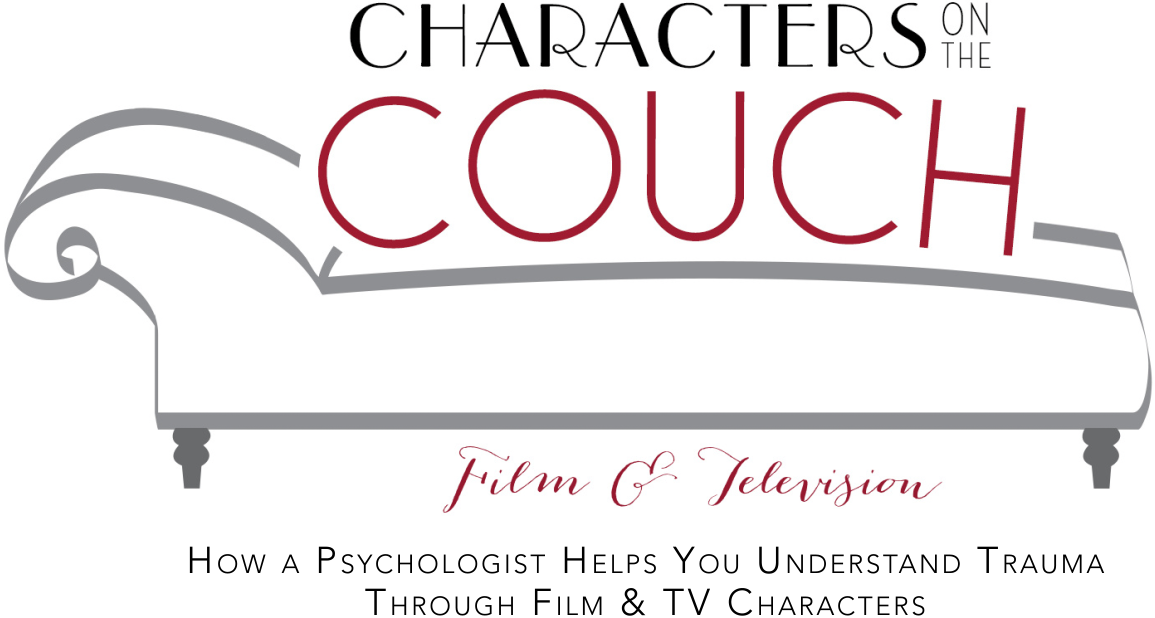
How a Psychologist Helps You Understand Trauma Through Film & tV Characters

Welcome to Characters On The Couch, my Film & Television site, where I delve into character psychology. If you’re interested in psychology, film, or a combination of the two, I bring my insights into your favorite contemporary and classic characters. I hope to help you understand their deeper psychological motivations (and, maybe, even your own).
When you think about truly iconic films, do you wonder what gives them such staying power? Is it the time of your life when you watched them? Is it the costumes or images that seemed unforgettable? Did one or more characters align with your struggles or painful experiences? Did you feel along with them? Or maybe, it’s simply that the film pulled at your heart and caused you to explore emotions in a new and profound way?
I say it’s all of the above. And, in the same way, when these meaningful elements are missing, a story becomes forgettable. I hope this site will encourage you to transform your story, personal or in writing, into magic by finding the human thread that links it and you to a universal experience.
Everything in life ties us back to complex emotions and the rhythm and language of feelings and psychology. I'll offer you that language of feeling in my blog as I write about the human struggles in each film.
MY OLD ASS: A Fear of Goodbyes
18-year-old Elliott’s worst fear was goodbye. This fear persisted into her almost-40s, as we see when she encounters My Old Ass on a Shrooms trip in Megan Park’s film. You wouldn’t know Elliott was afraid to say goodbye with her repeated mantra that she can’t wait to get away. She’s even convinced her family. That…
WICKED: Rage at Abuse Isn’t Wicked
John M. Chu‘s 2024 film, Wicked, shows us in spades what happens to an abused child. That’s Elphaba. Abandoned. Shamed. Blamed. Rejected. Bullied. Shunned. Of course, rage fills Elphaba. It’s a terrible injustice to label her Wicked. Elphaba’s no different than many abused children. Hungry for love, she keeps her hurt bottled up. Caters to…
EMILIA PEREZ: Change Isn’t Trying to Make Your Old Self Disappear
Being who you are is the most important thing in the world. That often means change. But change isn’t about trying to make your old self disappear. Jacques Audiard’s Emilia Perez clearly shows how and why that doesn’t work. Going from one kind of hiding to another is never the answer. There are reasons for…



